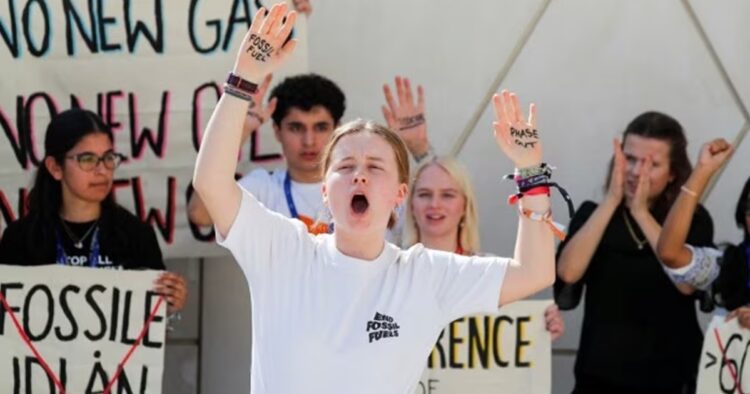In Dubai, during the COP28 meeting, countries reached a new climate deal on Wednesday. It’s a big deal because, for the first time in almost 30 years of climate negotiations, they actually mentioned the need to move away from fossil fuels. They couldn’t agree on the tougher term “phase-out” of fossil fuels, so they settled on “transition away from fossil fuels.”
The agreement emphasizes the importance of tripling global renewable energy capacity and doubling the rate of energy efficiency improvements by 2030. These measures are crucial to keeping the temperature rise within the desired 1.5 degrees Celsius. The countries also committed to speeding up the use of “zero and low-emission technologies” like renewables, nuclear, and carbon capture and storage.
However, the Association of Small Island States, which includes nations most affected by climate change, expressed disappointment. They felt the agreement fell short of the needed course corrections, calling for a more significant leap in actions and support. Despite this, some welcomed the agreement as a step forward.
Remarkably, it’s the first time fossil fuels have been mentioned in any climate negotiation outcome documents. The agreement urges all countries to contribute to a global effort to transition away from fossil fuels in a fair and equitable manner. It also calls for phasing out inefficient fossil fuel subsidies that don’t address energy poverty or just transitions.
Bharat’s concerns about coal were addressed, with the final agreement maintaining the language from the 2021 conference in Glasgow. It encourages countries to accelerate efforts toward the phase-down of unabated coal power. Initially, there were attempts to impose more restrictions on new coal-fired power plants, but countries like Bharat, South Africa, and China resisted these measures.

















Comments